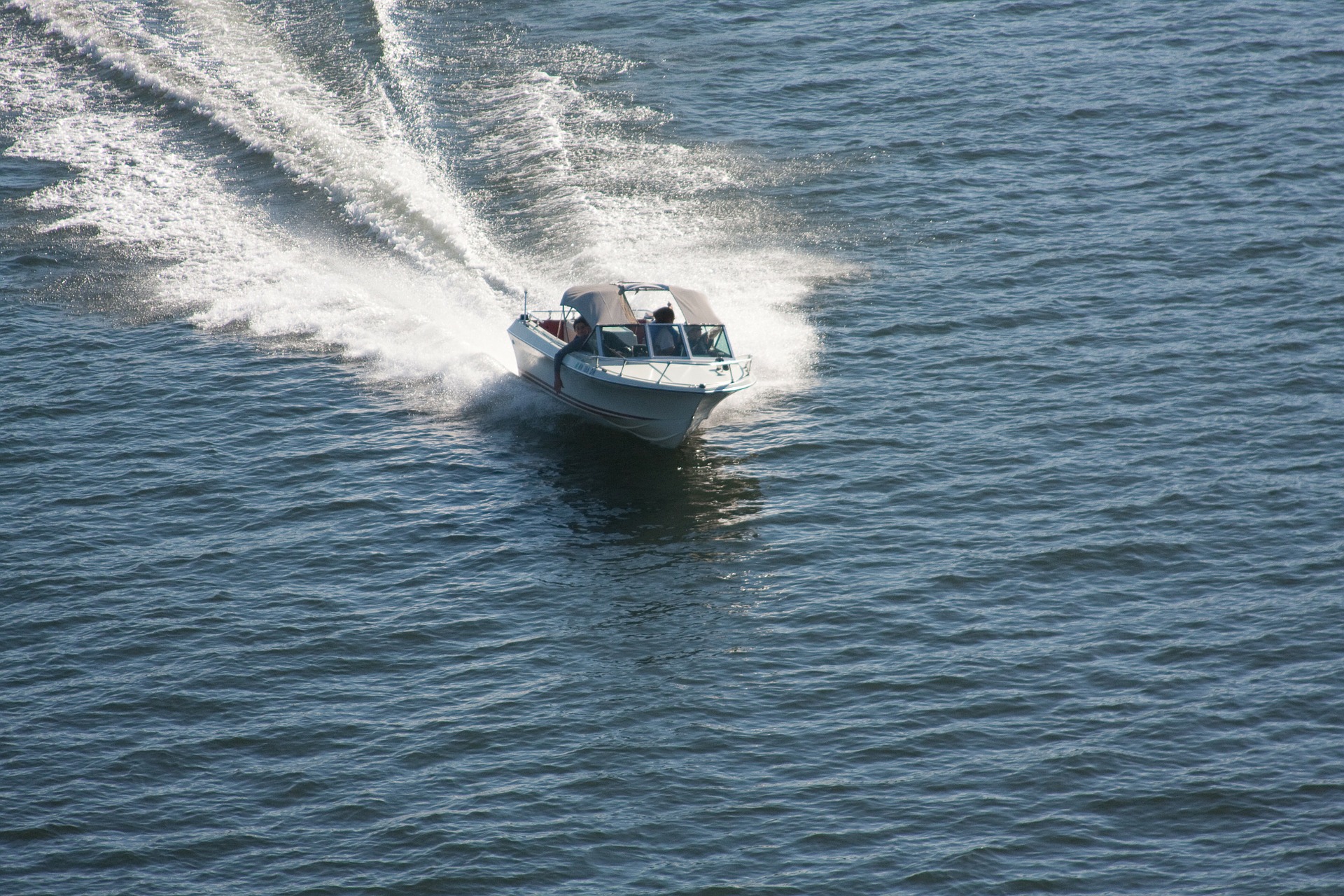News release
From:
Ecological impacts of water-based recreational activities on freshwater ecosystems: a global meta-analysis
Human presence at water bodies can have a range of ecological impacts, creating trade-offs between recreation as an ecosystem service and conservation. Conservation policies could be improved by relying on robust knowledge about the relative ecological impacts of water-based recreation. We present the first global synthesis on recreation ecology in aquatic ecosystems, differentiating the ecological impacts of shore use, (shoreline) angling, swimming, and boating. Impacts were assessed at three levels of biological organization (individuals, populations, and communities) for several taxa. Impacts of boating and shore use resulted in consistently negative, significant ecological impacts across all levels of biological organization. The results were less consistent for angling and swimming. Strongest negative effects were observed in invertebrates and plants.
Still waters - Some water-based activities may have a negative effect on freshwater ecosystems. In the first global analysis of recreation and aquatic ecosystems, researchers found impacts of water-based activities on freshwater ecosystems are often negative, but vary by activity type, species affected and their ecological responses. The authors recommend that conservationists should avoid bluntly assuming all recreation activities impact freshwater ecosystems the same way.



 International
International



